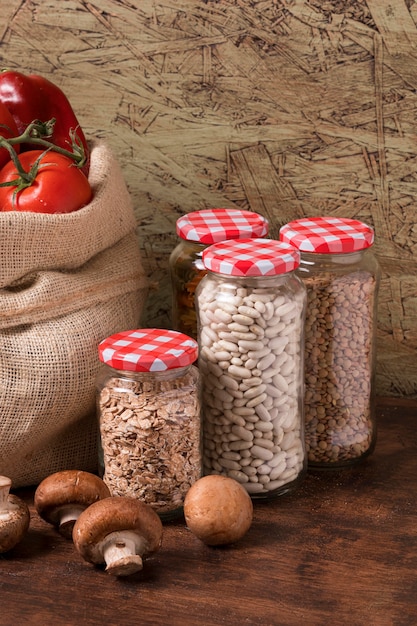
Fermented foods seem to be everywhere these days, but can items like sauerkraut, kimchi, and kefir really improve your health? Let’s dive into it.
Thirteen years ago, Donna Schwenk, while expecting her third child at 41, faced severe health challenges including preeclampsia, which led her liver to start failing. Her baby, Holli, had to be delivered prematurely via C-section, weighing just four pounds. Post-delivery, Schwenk struggled with diabetes, high blood pressure, and fatigue. Desperate for recovery, she sought ways to improve her health so she could care for her newborn.
Her journey led her to kefir, a fermented milk drink packed with beneficial bacteria, inspired by a book in a health food store. Intrigued by its potential, she began adding two teaspoons to her baby’s formula. Holli quickly gained weight, and within three months, Schwenk’s own health, including her blood sugar and pressure, improved significantly. Feeling rejuvenated, she was convinced that these changes were due to the benefits of fermented foods.
Schwenk, who later authored “Cultured Food for Life,” is part of a PBS special discussing the research-backed benefits of fermented foods like kefir, yogurt, and fermented veggies in improving digestion, immunity, weight metabolism, and mood. The popularity of fermented foods is on the rise, with the New York Times labeling them as a significant future food trend.
Fermentation advocates, like Michael Pollan, embrace DIY fermentation, viewing it as a rewarding kitchen practice. Nutritionist Kimberly Snyder endorses daily consumption of fermented veggies to improve weight, skin health, and energy by balancing gut bacteria. Clinical nutritionist Kathie Swift focuses on gut health, recognizing its crucial role not just in digestion but also in vitamin absorption and overall wellness.
Research shows that gut bacteria play a vital role in health: influencing weight, immune function, and even mood. Scientists have even linked gut bacteria to mental health, finding correlations between traditional fermented diets and positive mental states.
But why not just buy probiotic drinks? Daniel O’Shaughnessy explains that many commercial drinks are high in sugar and contain transient bacteria that don’t effectively colonize the gut. Instead, he recommends consuming a variety of fermented foods for a greater diversity of beneficial bacteria.
Fermented foods, although trendy now, have been a staple in global diets for centuries. Traditional diets use fermentation as a natural preservative and aid for digestion. Foods like Korea’s kimchi, Germany’s sauerkraut, and Japan’s miso soup are examples of their cultural significance and health benefits.
However, moderation is key. Overconsumption can upset the stomach, so it’s advised to start with small amounts and gradually increase intake. Also, look for labels indicating raw or live cultures in fermented products, as these are the most beneficial.
DIY fermentation is simple and rewarding. By using a few ingredients, you can easily make your own fermented foods at home. Additionally, combining these with foods rich in prebiotics helps support good bacteria growth.
So, if you’re curious about fermented foods, start small and diversify your intake. Your gut might just thank you for it!




